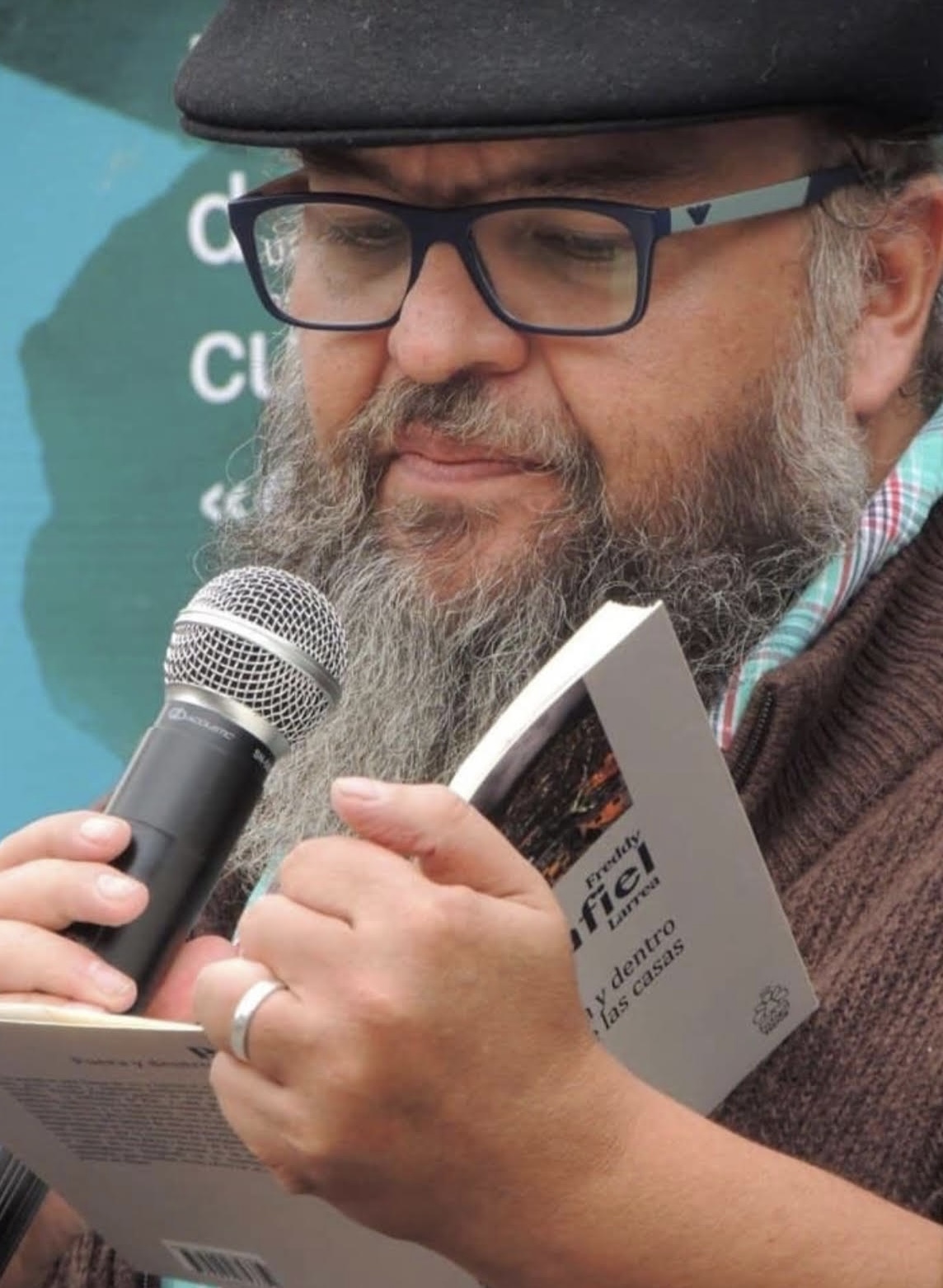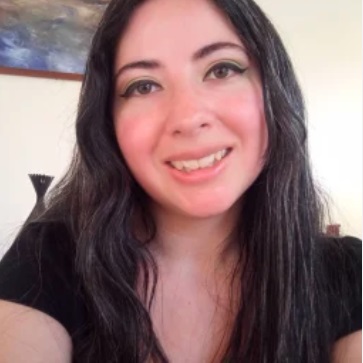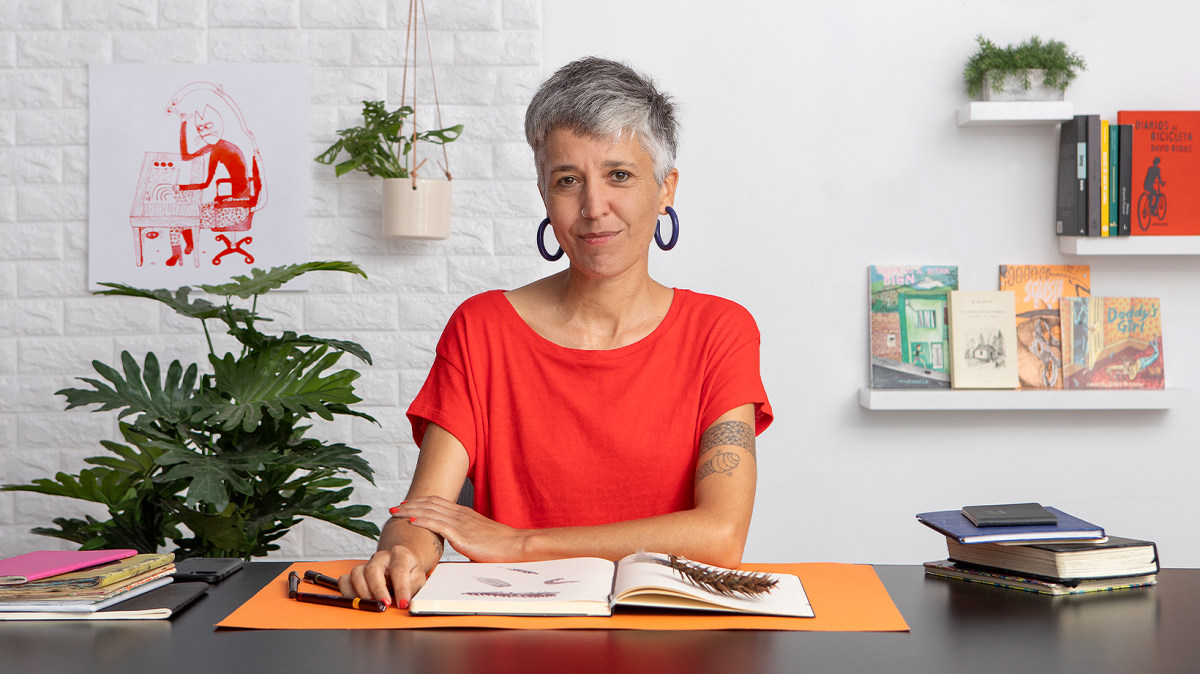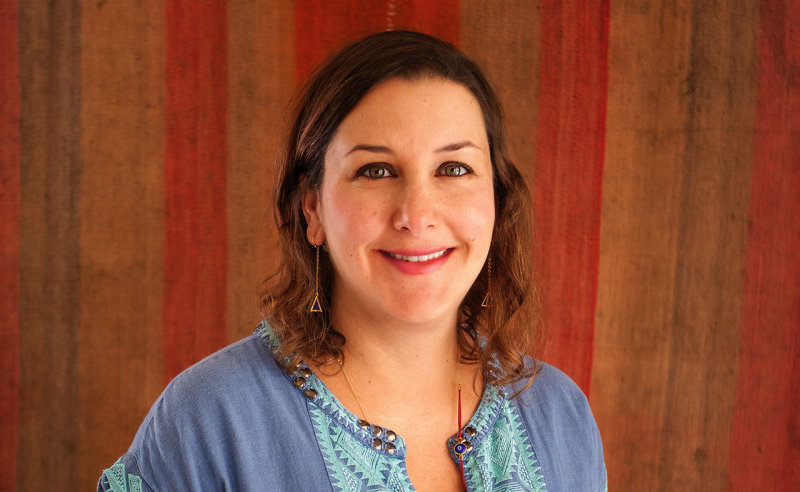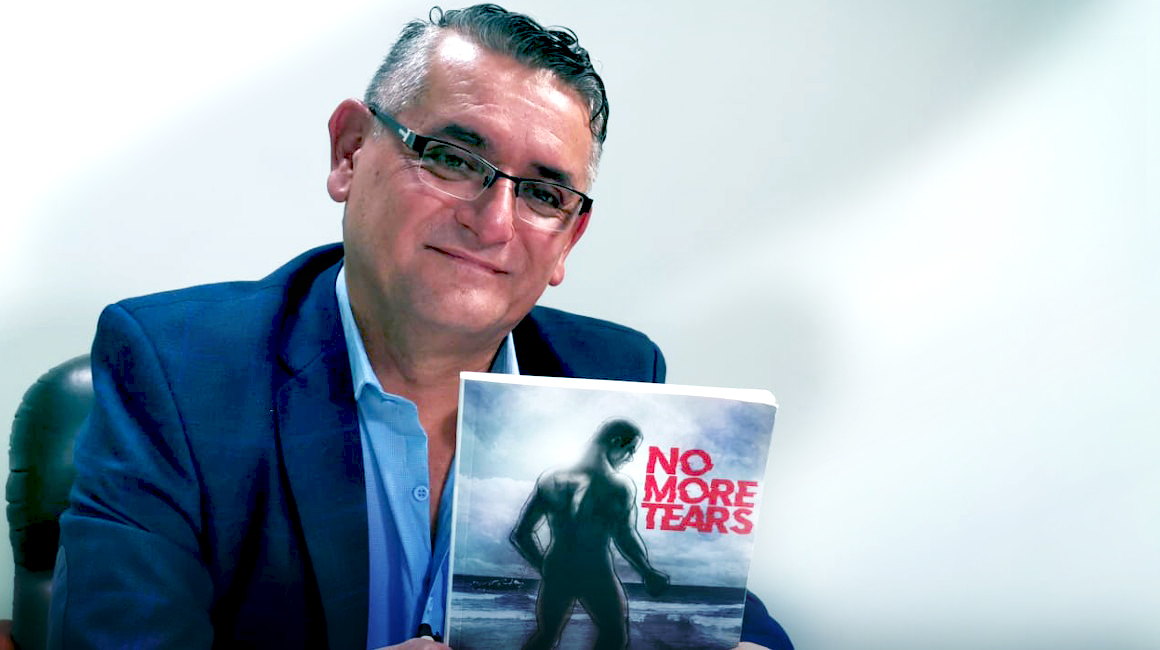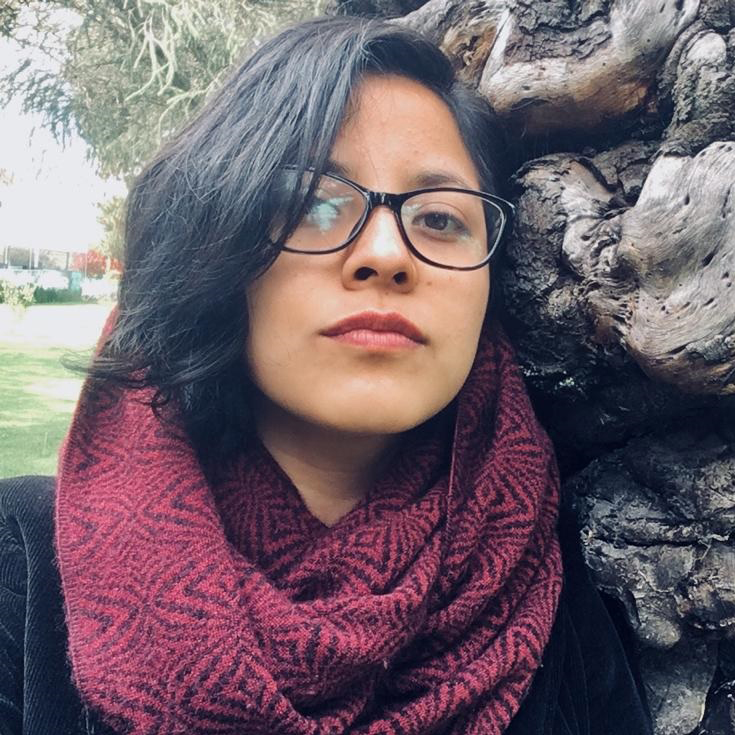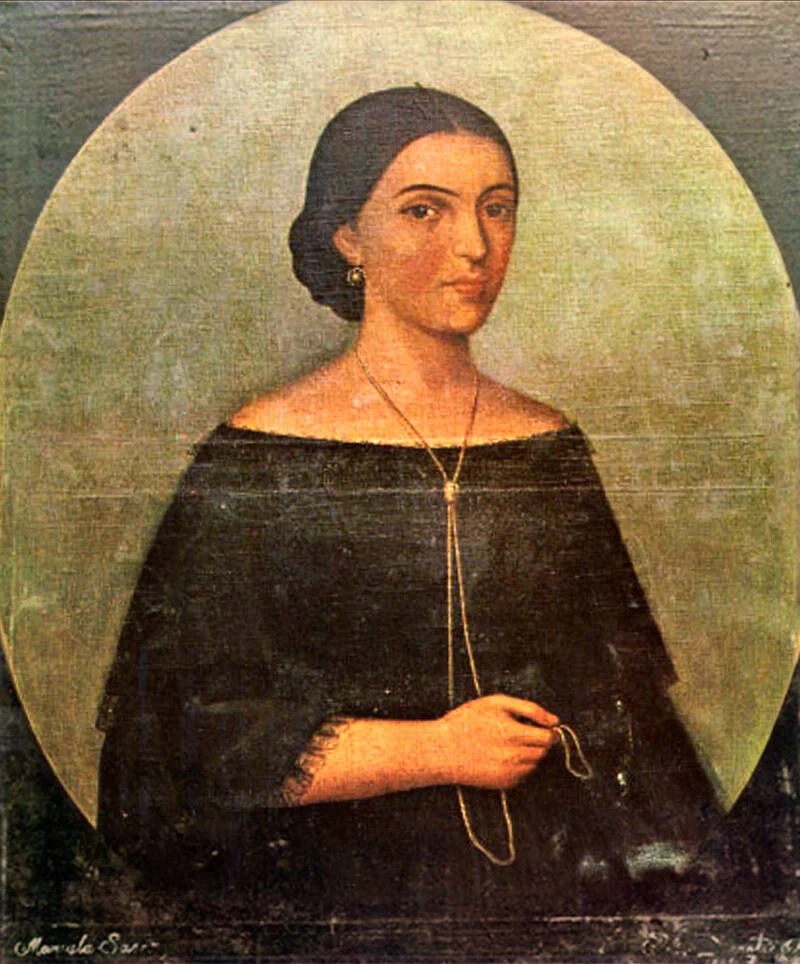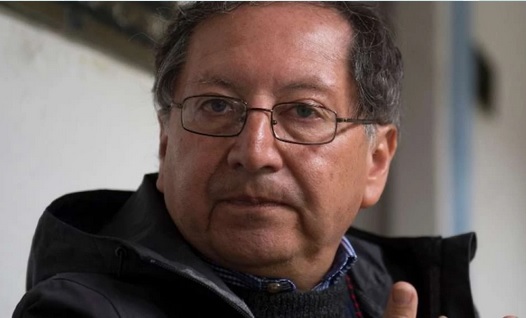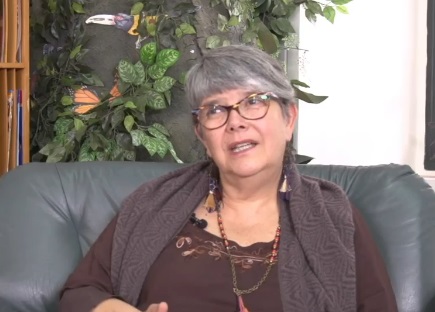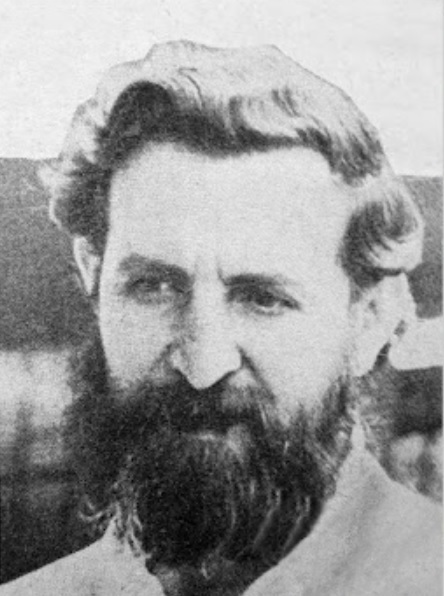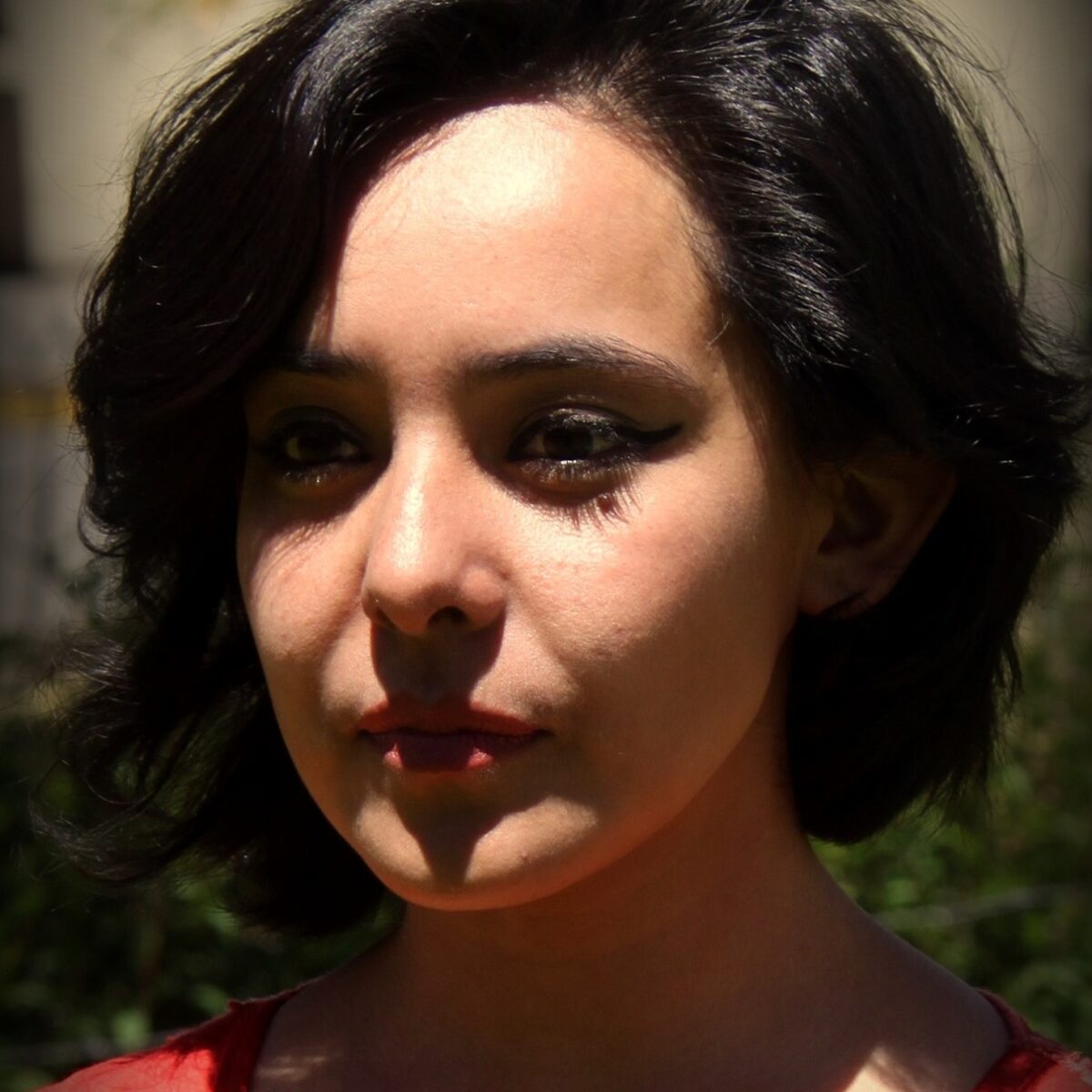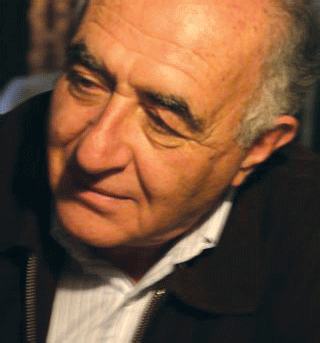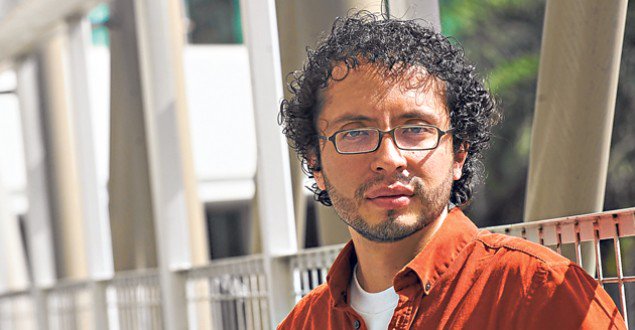Freddy Peñafiel Larrea (Quito, January 5, 1972) is an Ecuadorian poet, critic, radio host, educator, and public servant. He has published seven collections of poetry since 1992, which include compelling titles like “Del amar, de la mar” (1995), “Del asombro de las sombras” (1997), “Anzuelos” (2003), and “Presagios” (2009). His unique poetic voice earned him numerous accolades throughout his career. He received a special mention in the 1995 Hugo Mayo poetry contest, secured second place in the Jorge Carrera Andrade poetry biennial in 1996, and won first place in the “Escribir y Publicar” poetry contest in 1997. Not only do his verses grace the pages of his own collections, but they can also be found in numerous anthologies, marking him as a vital and vibrant voice in Ecuadorian poetry.
Continue reading “Freddy Peñafiel Larrea”Category: Writers from Quito
José Paul Aguilar
José Paul Aguilar (Quito, 1965) is an Ecuadorian author, architect, and musician who began his writing career as a poet. He began writing at the age of fifteen, with his first poetry book published at twenty-two. Two of his notable works include “TŪTUM,” a compilation of poems and stories, and “Canciones de Otoño,” a collection of poems written since 1982. In 2023, he released his debut novel, “Un sol se me escondió” (A Sun Hid From Me). The novel received a warm reception and was showcased at the Madrid Book Fair. Interestingly, Aguilar is a descendent of Juan Montalvo, a renowned Latin American writer, which has been a significant source of inspiration for him.
Continue reading “José Paul Aguilar”Eulalia Barrera B.
Eulalia Barrera B., born Eulalia Beatriz Barrera Barrera (Quito, 1918 – Unknown) was an Ecuadorian writer and journalist who, along with her sister Inés, made a significant contribution to Ecuadorian literature. The Barrera sisters not only penned numerous “tradiciones” and short stories but also compiled important anthologies showcasing the works of other Ecuadorian writers. Notable among these are “Tradiciones y leyendas del Ecuador” (El Comercio, 1947) and “Los mejores cuentos ecuatorianos” (El Comercio, 1948). Eulalia Barrera’s distinctive approach to the “tradiciones” genre, integrating a gender analysis, set her work apart. Her stories, particularly “Flor de amor” and “La Capilla del Consuelo,” scrutinize the subordinate roles of women in society, shedding light on themes of oppression, loyalty, and solitude. Many of her works remain uncollected.
Continue reading “Eulalia Barrera B.”Ikah Gabriela Loayza
Ikah Gabriela Loayza (Quito, Ecuador, 1988) is an Ecuadorian writer and scriptwriter, known for her contributions to various forms of media. She holds degrees in Journalism and a Master’s in Fiction Scriptwriting. Loayza has collaborated with several national production companies as a scriptwriter, writer, and translator for projects spanning fiction, documentaries, and advertising. Her teaching experience includes courses in creative writing and scriptwriting at various institutions. She also co-wrote the web series “Kronos: guardianes del tiempo” and contributes to the YouTube channel “La Fábrica del Ocio,” where she offers literary advice. A well-rounded creative, Loayza has spent time studying at the University of Wisconsin-Richland and the Pontifical University of Salamanca. Her latest book, “El beso de la sirena vampiro,” showcases her talent in the young adult fantasy genre and was published in 2019 by Eskeletra Editorial.
Continue reading “Ikah Gabriela Loayza”Power Paola
Power Paola, pseudonym of Paola Andrea Gaviria Silguero (Quito, June 20, 1977) is a Colombian-Ecuadorian comic artist and author of graphic novels. Among her most noteworthy works is the 2011 graphic novel “Virus Tropical,” which has been widely praised. It was later translated into both English and French by Random House / Mondadori. Paola also contributed to the adaptation of this novel into an animated film in 2017, which subsequently won the 2019 Quirino Award for Best Ibero-American Animation Feature Film. Paola’s other notable works include “Por Dentro” (2012), “Diario” (2013), “qp” (2014), “Todo Va a Estar Bien” (2015), and “Nos vamos” (2016). Power Paola’s body of work deals with diverse themes including sexuality, feminism, family dynamics, and personal identity. She’s a member of a comics collective called Chicks on Comics.
Continue reading “Power Paola”Julia Rendón Abrahamson
Julia Rendón Abrahamson (Quito, 1978) is an Ecuadorian writer. She has authored the novel “Lengua ajena” (2022), which explores profound themes of identity and belonging. In addition to her novel, Rendón Abrahamson has released two collections of short stories, including “Yeguas y terneros” (2021) and “La casa está muy grande” (2015). Her remarkable talent has garnered recognition, including being awarded the Montserrat Roig Grant for Literary Creation in 2021 by the City Hall of Barcelona, as part of UNESCO’s City of Literature program. Rendón Abrahamson’s educational background is just as impressive, with degrees from renowned institutions such as Boston College, Parsons School of Design, the National University of the Arts in Argentina, and the Argentine institute Casa de Letras. She also teaches creative writing workshops and founded Espacio Cultural PezPlátano in Quito.
Continue reading “Julia Rendón Abrahamson”Esteban Michelena
Esteban Michelena Ayala (Quito, 1963) is an Ecuadorian novelist, writer, and journalist. He is perhaps best known for his trilogy of novels, which includes “Atacames Tonic” (2002), “No more tears” (2018), and the critically acclaimed “El pasado no perdona” (2022) which embodies a genre defined by the author as “tragic realism.” Additionally, through his nonfiction writings, Michelena explores the realities of his country, addressing topics such as political corruption, social inequality, and the struggles faced by marginalized communities. As a journalist, Michelena has been honored with 12 national awards and recognitions, including the “Jorge Mantilla Ortega” award by the newspaper El Comercio on three occasions.
Continue reading “Esteban Michelena”Amanda Pazmiño Torres
Amanda Pazmiño Torres (Quito, Ecuador, 1993) is an Ecuadorian poet, writer, and teacher of language and English. She has been actively involved in cultural promotion and served as a Cultural Ambassador at the FIL Lima in 2012. In 2020, Pazmiño published her first poetry book, titled “Les hablaré de ti a todos los mares que fragüen un hogar en mis ojos,” which won the 12th edition of the Ileana Espinel Cedeño National Poetry Contest. She leads the ERGO International Cultural Group in Ecuador. She directs workshops focused on creative writing and personal growth, using writing as a tool for self-discovery. She is the director of the poetic writing workshop titled “Camino hacia el equilibrio: palabras que sanan” (Path to Balance: Healing Words). Her poems have been published in the newspaper El Ciudadano and several anthologies. Her poetry booklet “Recorrido de abismo” (Journey through the Abyss) was selected and published by the editorial imprint Despertar (Loja, 2017).
Continue reading “Amanda Pazmiño Torres”Manuela Sáenz
Manuela Sáenz Aizpuru de Thorne, commonly known as Manuelita Sáenz (Quito, Ecuador, during the Spanish Empire, December 27, 1797 – Paita, Peru, on November 23, 1856) was a noblewoman, political activist, and heroine in the fight for independence from Spain. Although she did not publish her writings during her lifetime, she did leave behind a significant amount of correspondence, including letters to Simon Bolívar, which provide valuable insight into her life and her role in the struggle for independence. Sáenz became involved in the revolutionary movement at an early age and was the lover and confidante of Simón Bolívar before and during the war for independence. She was instrumental in saving Bolívar’s life on at least one occasion, which led Bolívar to give her the title “Libertadora del libertador” [Liberator of the Liberator]. She accompanied him on many of his campaigns and was present at the Battle of Ayacucho, which marked the end of the Spanish presence in South America. After the war, Sáenz was granted the Order of the Sun or “Dame of the Sun” [Caballeresa del Sol] for her role in the struggle. However, her political activities and her unconventional personal life, which included several affairs, made her the target of criticism and condemnation by many in the conservative society of the time. She ultimately died in exile and poverty. Nevertheless, her legacy as a revolutionary and a feminist icon has endured, and she is remembered today as a symbol of the struggle for independence and women’s rights in South America. She has been the subject of many books in and outside of Ecuador.
Continue reading “Manuela Sáenz”Diego Velasco Andrade
Diego Velasco Andrade (Quito, 1958) is an Ecuadorian poet, fiction writer, editor, professional architect, and university professor. In 1982, he joined Miguel Donoso Pareja’s Literary Workshop at the House of Ecuadorian Culture. He has published a number of poetry collections and fiction books. Since the 1980s, he has been a professor of Semiotics and Design at the Central University of Ecuador. His 2002 novel “¿El poeta ha muerto?” [Is the Poet Dead?] was adapted for the stage by the Ecuadorian group Ojo de Agua and staged in Ecuador, Spain and Belgium. In the 1980’s he was a founding member of a literary group called El Matapiojo. For many years, starting in 2005, he directed the literary workshops of the House of Ecuadorian Culture. His works have appeared in several Ecuadorian literary anthologies.
Continue reading “Diego Velasco Andrade”Soledad Córdova
Soledad Córdova, or Soledad Fernández de Córdova (Quito, December 19, 1957) is an Ecuadorian writer of children’s literature, poet, and a librarian. On October 24, 2008 she was appointed director of the Eugenio Espejo National Library of Ecuador, replacing Laura Romo de Crespo. Córdova belonged to the literary workshops of Abdón Ubidia and Diego Velasco. She was a fellow at the Reference Service of the National Library of Spain, and at the General Directorate of Books, Archives and Libraries of the Ministry of Culture of Spain. Her works have received national and international awards.
.
Continue reading “Soledad Córdova”Rafael Larrea Insuasti
Rafael Larrea Insuasti (Quito, 1942 – Ibidem, April 22, 1995) was an Ecuadorian poet, journalist, political essayist, editor, songwriter, music composer, and social activist. He is known as a social and revolutionary poet who was a member of the Central Committee of the Marxist-Leninist Communist Party of Ecuador (PCMLE). For over 20 years, he was the editor-in-chief of the Party’s newspaper, En Marcha, and created the PCMLE’s first propaganda manual. In the 1960s, along with other young leftist poets, he founded the Tzántico group. His poetry books include “Levantapolvos” (1969), “Nuestra es la vida” (1978), “Campanas de bronce” (1983), “Bajo el sombrero del poeta” (1988), “Nosotros, la luna, los caballos” (1995), and “La casa de los siete patios” (1996, published posthumously). In addition to political activity, Larrea graduated as a journalist from the School of Information Sciences of the Central University of Ecuador and was a language teacher. His political, cultural, and literary writings were collected in a book entitled, “Escritos polticos” (2007), published by the PCMLE Commission for Art and Culture. He also penned a number of popular songs, such as “Capishca de la Libertad,” “La Negra Clara Inés,” and others. A public basic education school in Duran, Ecuador, bears his name.
Continue reading “Rafael Larrea Insuasti”Katerine Ortega
Katerine Ortega (Quito, 1986) is an Ecuadorian poet, short story writer, and audiovisual communicator. Her works include: “Somos fuego” (2012), (a compilation of poems by various poets), “Naranja entera” (micropoems), La promesa” (videopoems), and she also contributed to the books “Ciencia y simbólica andina ecuatorial” and “Loma Grande: Memoria Histórica y Cultural” (section on mythology). Her stories and poetry have appeared in literary magazines such as Sapo (Chile) and Matapalo (Ecuador), as well as the anthology “Amor y soledad” (Spain). She was part of the literary workshops of the Benjamín Carrión House of Ecuadorian Culture, the Ecuadorian Society of Writers, Kafka Escuela de Escritores, among others. In 2020, she released “Tarasca,” her first collection of short stories.
Continue reading “Katerine Ortega”Modesto Ponce Maldonado
Modesto Ponce Maldonado (Quito, 1938) is an Ecuadorian novelist, short story writer, and businessman. He began writing fiction in his later years. At the age of 60, he published his first collection of short stories, “También las arcillas” (1997), which was followed by a novel, “El palacio del diablo” [The Devil’s Palace] (2005), which won the Joaquín Gallegos Lara Prize for best novel of the year. The novel’s title was taken from the name of a brothel that formerly stood in colonial Quito’s La Ronda neighborhood. Using the pen name Sergio Lozada, his second novel, “La casa del desván,” was shortlisted for the prestigious Premio Iberoamericano Planeta-Casa de América de Narrativa award. The novel, released by Editorial Planeta in 2008, is a first-person account of a schizophrenic man’s thoughts while he is institutionalized for his condition. In 2017, his novel “Adela” received honorable mention at the La Linares Short Novel Award. Ponce has also contributed to various literary magazines, including El Búho, Eskeletra, Kipus and Letras del Ecuador.
Continue reading “Modesto Ponce Maldonado”Wladimir Chávez
Wladimir Alfredo Chávez Vaca (Quito, 1977) is an Ecuadorian novelist, short story writer, and academic. He has lived in Norway for over two decades and currently serves as an associate professor of Spanish and Latin American literature at Østfold University College. Chávez’s literary work, which often explores themes of migration, identity, and exile, has garnered significant recognition. His short story collection En el corazón del silencio [In the Heart of Silence] won the Biennial Pichincha Prize in 2014, and his novel El olor de las flores quemadas [The Smell of Burning Flowers] was awarded the Miguel Riofrío National Literary Award in 2018. Some of his works have been translated into English and Italian.
Continue reading “Wladimir Chávez”
